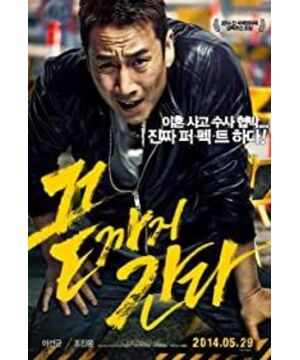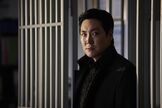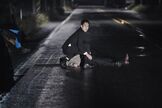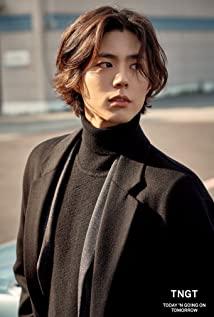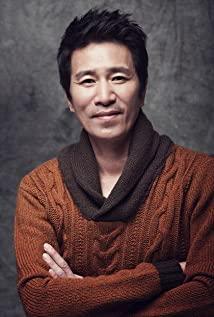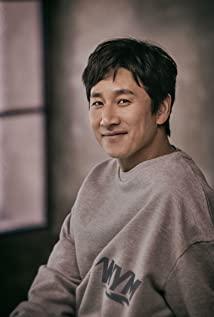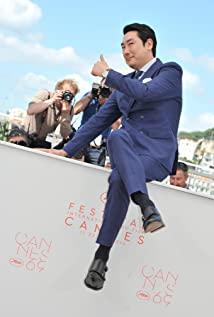If 2013 is regarded as the peak of the revival of Korean films, then since 2014, the popularity of Korean films has tended to decline, which is not only reflected in the decrease in the number of moviegoers and the share of local films, but also in the lack of innovation. There are not many videos of real quality. However, while the monopoly of the Korean screen is intensifying, many small and medium-cost commercial films, literary films or independent films are surviving in the cracks, and they have also made a lot of money. For example, "Do Hee", "Princess Han", "Gyeongju", "Social Phobia", "Alice in the Honest Country", etc. all have quite good quality of completion. The eye-catching performance of these so-called "variety films" is also a reflection of the growing maturity of the Korean film industry.
The 2014 crime thriller "Going to the End" is also such a distinctive and watchable "diversity movie". The director of this film, Kim Sung-hoon, is not well-known, and his debut film "The Influence of Lack of Love on Two Men" suffered a fiasco. Unexpectedly, after 7 years of dormancy, "The End" was not only shortlisted for the Director's Fortnight at the Cannes Film Festival, but also a The three annual Korean awards (Blue Dragon Award, Daejong Award, Baeksang Art Award) swept eight awards, and the box office reputation both rose to popularity. Again, last year's topical movie "Tunnel" was also directed by him.
Thanks to the grading system and loose production environment of Korean films, almost all subjects involving government officials (including the police) are one-sidedly vilified, criticized or ridiculed. Contrary to the fact that similar themes in our movies always end with positive energy, the directors of Chungmuro can shamelessly blacken those faces to the end. "Going to the End" is another typical example. The film has blurred the boundaries between pros and cons, or there are only relative decent and villains, and their identities are all policemen, but one is a small villain who corrupts money and bends the law. Another is the great evil of drug trafficking and money laundering.
Gao Jianzhu, a ruffian policeman who usually engages in corruption, killed a passerby while drunk driving on the night of his mother's death, which started a story similar to "Frozen". One of the reasons for this is that a seemingly inconspicuous case started to spiral out of control, snowballing into a bigger and bigger snowball, leading to a series of accidents and deaths. The biggest highlight of the film is the breath-taking hour in the first half. From bumping into people, to avoiding the police, to moving the corpse, to hiding the corpse, and then to burial. It creates an extremely tense atmosphere and a sense of oppression, making the audience unknowingly immerse in the role.
After a period of relaxation, the director used successive layers of suspense to increase the narrative viscosity, brewing a real climax. Since then, the case has tended to become more complicated, and the connection between the suspense has always created a sense of freshness. At the same time, elements of action films have also begun to be added, and the violent elements have been escalating. However, as the unknowns become less and less, the truth gradually comes to light. Routine and stylized things have transformed the previous horror experience into simple fighting. Although the adrenaline is still overwhelming, the lack of layers and deliberation in some places makes people feel A little sorry.
The second is the dark humor throughout. The "humor" here includes not only Gao Jianzhu's shyness, the various joys created by the two protagonists' battle of wits and bravery, but also the ridicule of the filth and filth of the South Korean police force. At the end of the film, in the context of the great evil Park Changmin's transnational drug trafficking, Gao Jianzhu's illegal behavior was not only covered up by the organization, but also unexpectedly got a large amount of ill-gotten wealth. On the surface, "going to the end" is Gao Jianzhu's absurd and perfect ending, but upon closer inspection, isn't it alluding to those South Korean policemen who are swallowed by desire and slowly "go to the end"?
♑
View more about A Hard Day reviews


